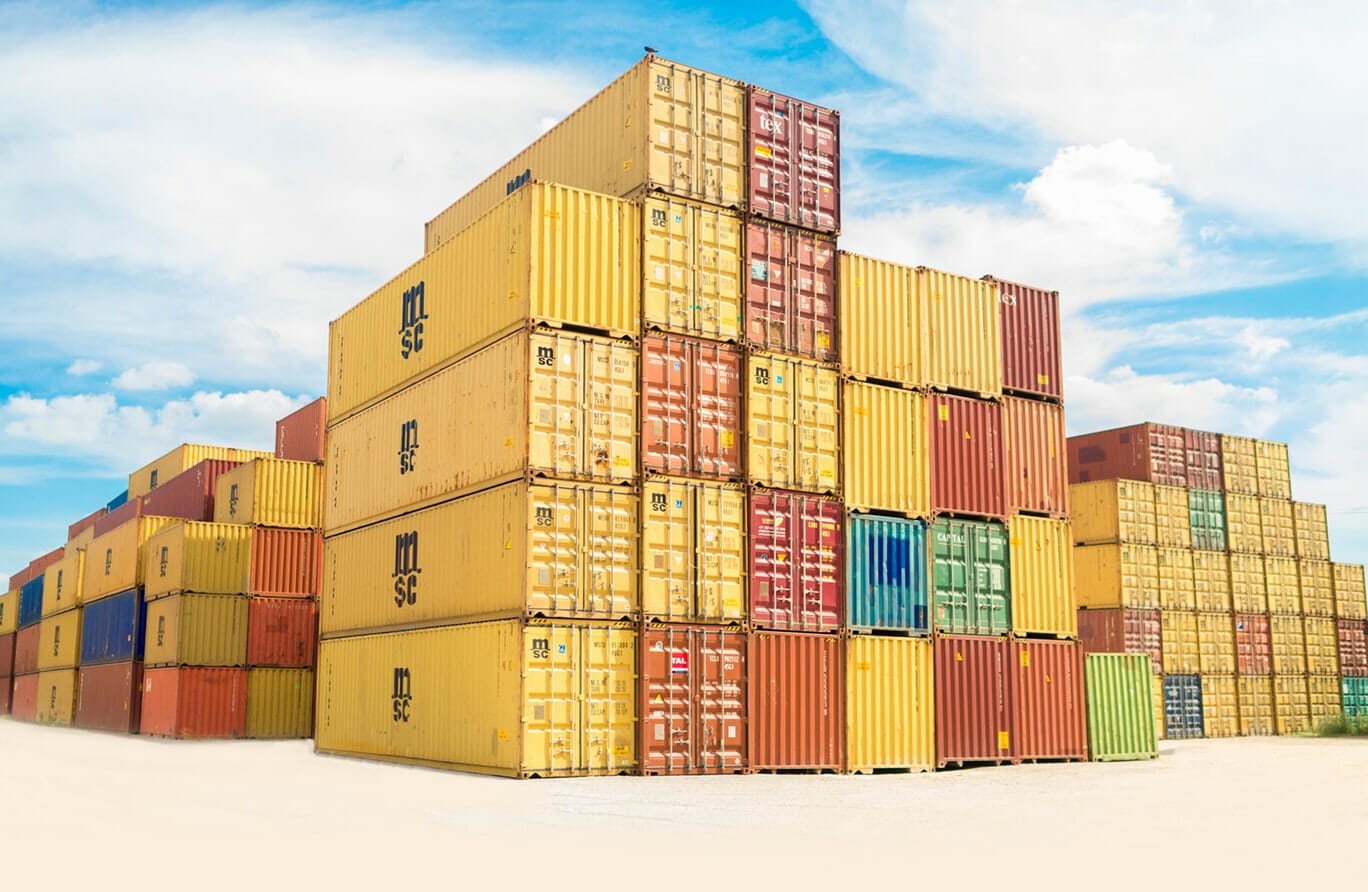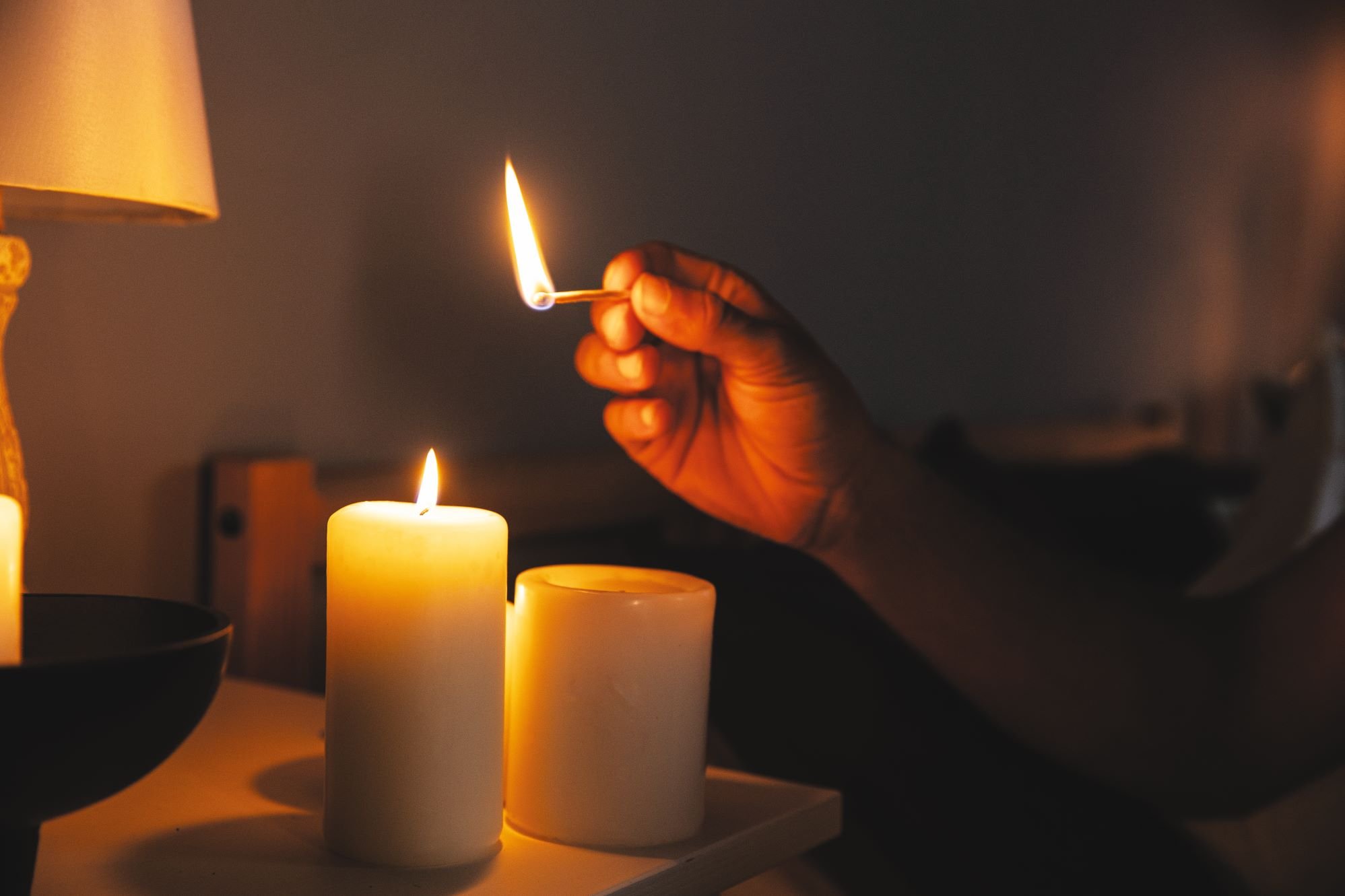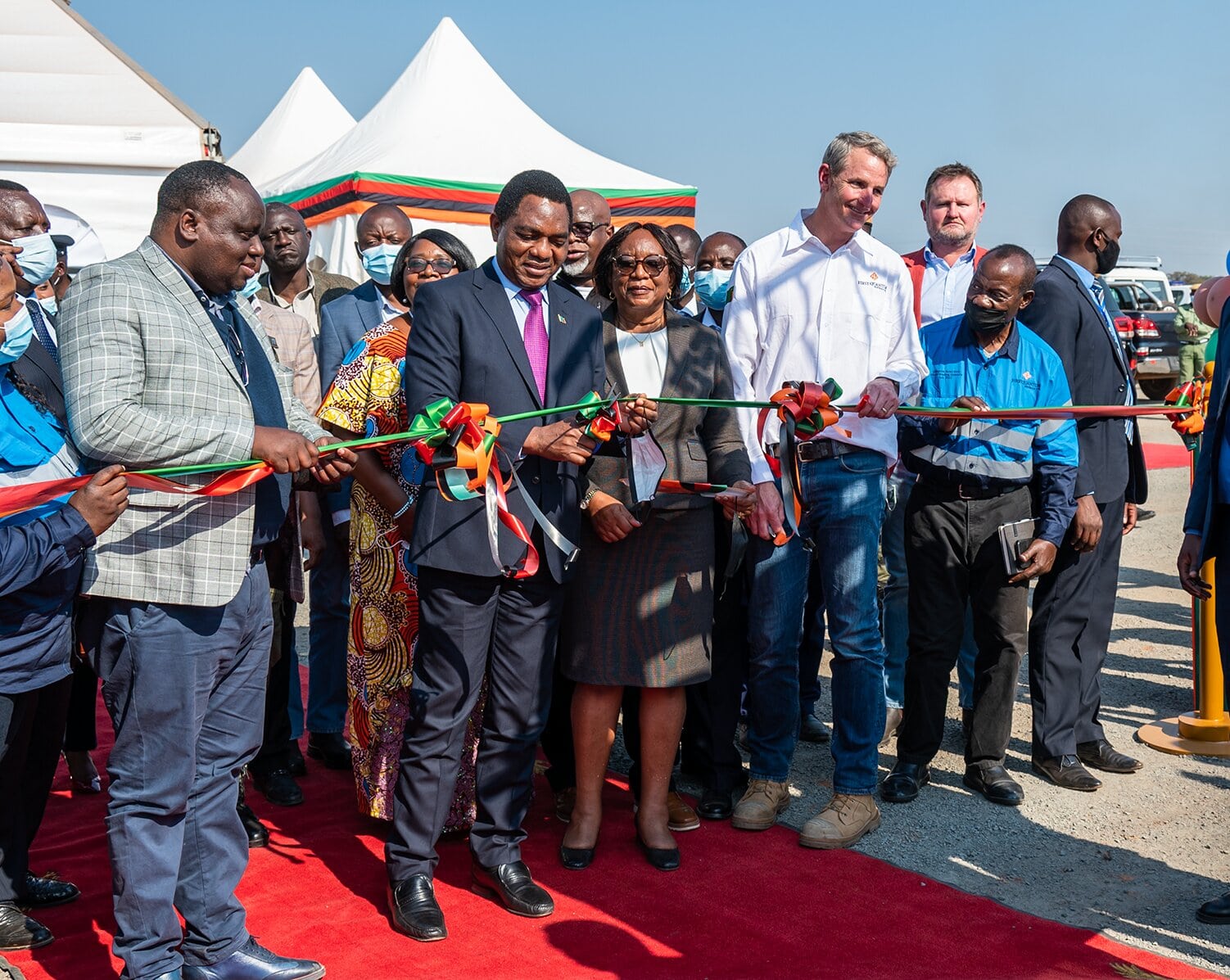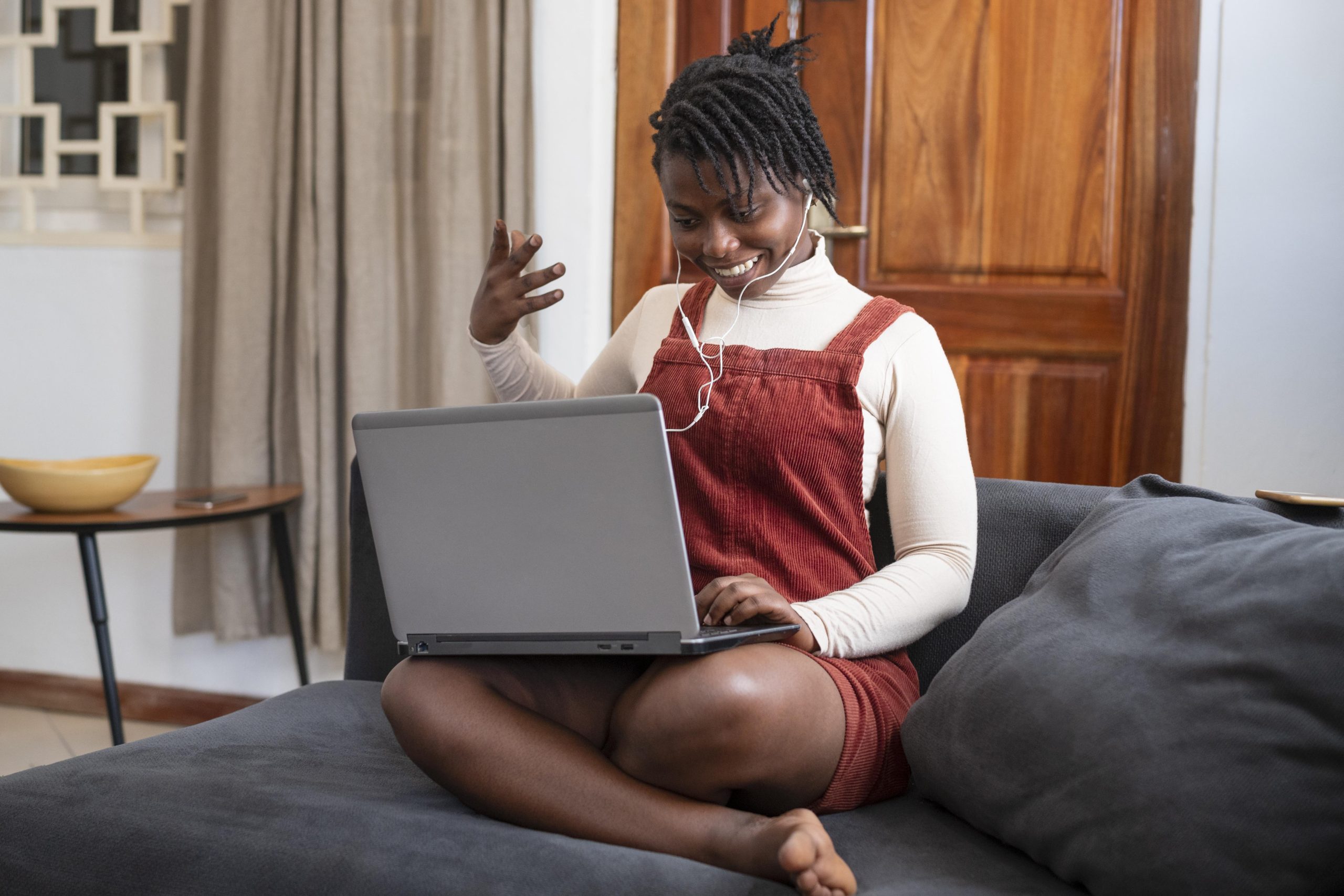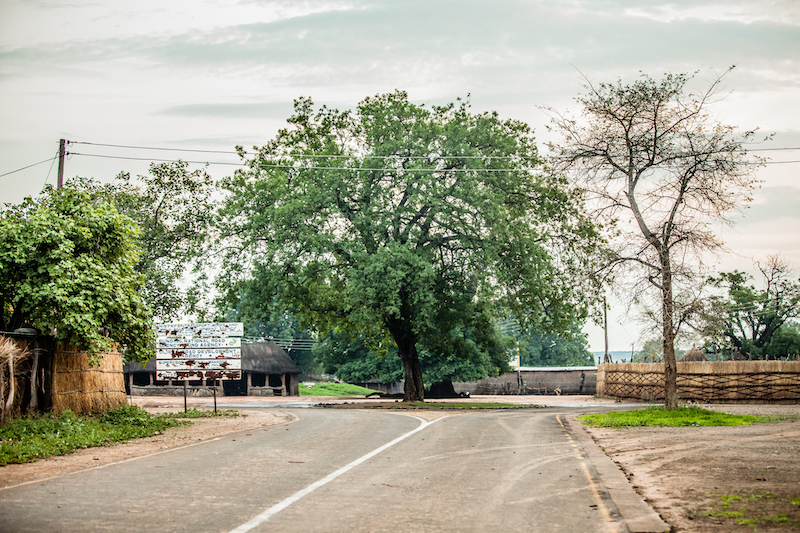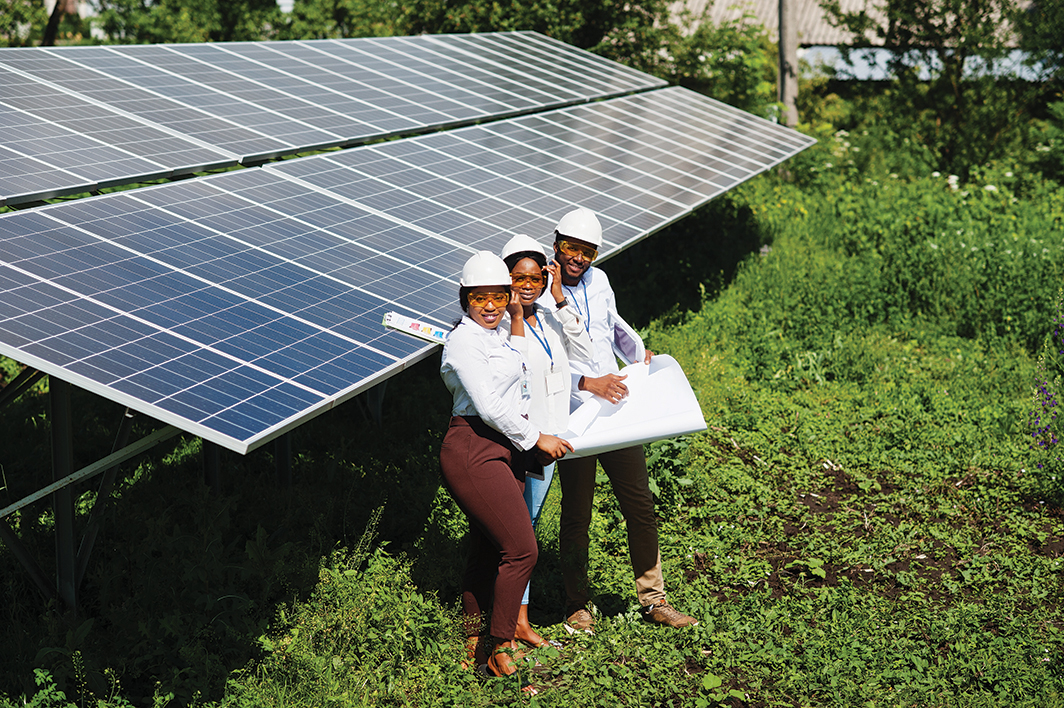In recent times businesses in Zambia have been facing challenges as the economy is under pressure due to a number of factors including the fluctuating kwacha/dollar exchange rate, power shortages and mounting public debt. The business climate has not been as conducive as many would hope for – but within that there have been certain success stories and innovations that start-ups and other business entities have adopted. Some are thriving even with the prevailing economic circumstances. For all the negatives that are reported on Africa and the very real fears that the effects of COVID-19 would have, Africa, and Zambia in particular, have done relatively well at this stage of the pandemic.

The push towards privatisation and the belief that supply and demand are a purely natural phenomenon and that laissez faire belief that the markets will regulate themselves, has shown not only the gaps in neoliberal economics and the ways it makes us vulnerable. The fault lines and dangers of over-reliance on imports over locally manufactured goods are now more evident. Disruptions in global supply chains due to COVID-19 have exposed the clear need to have reliable local manufacturing bases and the dangers of being heavily reliant on imports. This has acted as a reset button of sorts for multinational chain stores, mining houses and local retailers to look at what they can procure locally in Zambia and those businesses that are able to adapt and rise to the challenge can go from strength to strength.
With a lockdown in South Africa starting in late March it was clear that this would have an effect on Zambian retail and business as many of our chain stores are South African owned. What this has done has allowed a space to open up for local business and agro-producers to fill the void. Local companies such as Trade Kings have upped their production of essential items such as hand sanitisers and Zamshu are making PPE available that is locally manufactured. This has shown that capacity is there and local businesses are more than able to adapt to the current crisis.
Also the rise of mobile money and other digital financial services (DFS) has revolutionised the way in which Zambians interact and go about doing their daily business. Companies like Zoona, mobile telecommunications companies, banks and Zambians alike have embraced DFS.
Businesses such as AfriDelivery in Zambia have gone from just delivering food from restaurants to offering clients complete shopping services for those that are practicing social distancing or are unable to move around freely, again filling a gap in the market while providing a valuable service.
Elsewhere in Africa, a lab in Senegal has been manufacturing a $1 coronavirus testing kit which has allowed authorities to drastically increase testing. Furthermore, with a shortage of ventilators and a population of around 16 million to which only 50 ventilators would be available, Senegalese engineers manufactured using ventilators at a cost of $60 using 3D printers. Most hospitals in Senegal are now able to afford ventilators should the pandemic worsen. In South Africa property developer, Rali Mampeule, through the South African Housing and Infrastructure Fund (SAHIF), built 72 housing units to house 300 people in two weeks who were previously living in tents to allow them to be able to have a form of security in the fight against coronavirus.
For cross border traders, many of whom are reliant on imports from China, it has been a difficult time. “We are confronted by high costs of doing business as a result of border closures. The problems of our own internal economy [in Zambia] such as electricity and fuel hikes coupled with local currency depreciation, make it harder. So the transportation of goods will continue to be more expensive and uncompetitive in the region,” noted Jacob Makambwe, secretary-general of the Southern African Cross Border Traders Association based in Zambia in an article by Mail & Guardian. While others have found ways to survive, Makambwe and his fellow traders lament that it will be very difficult to recover from the economic effects of COVID-19.
If 2020 is anything to go buy let us wait and see what the global reset button will look like. I for one will not be looking into crystal balls or making predictions, rather let us be encouraged by the businesses and individuals that are innovating and adapting to the new circumstances we find ourselves in. It is also worth noting that some of the innovations and positive business practices developed in response to the current crisis will likely remain even in the post-COVID-19 world.
